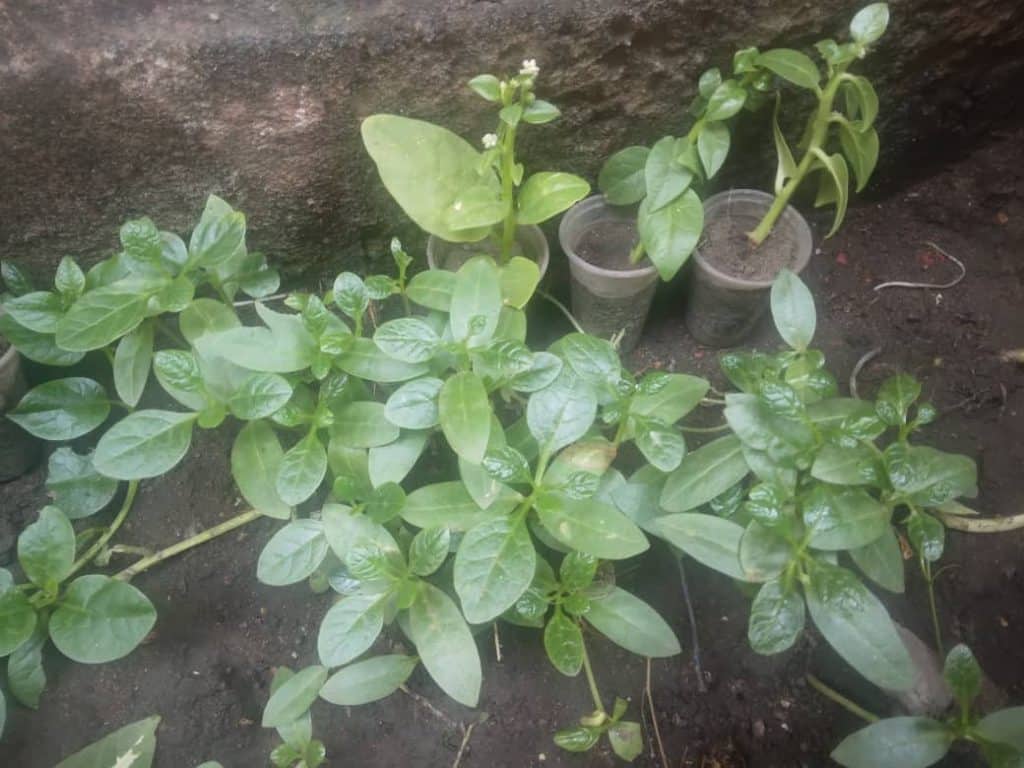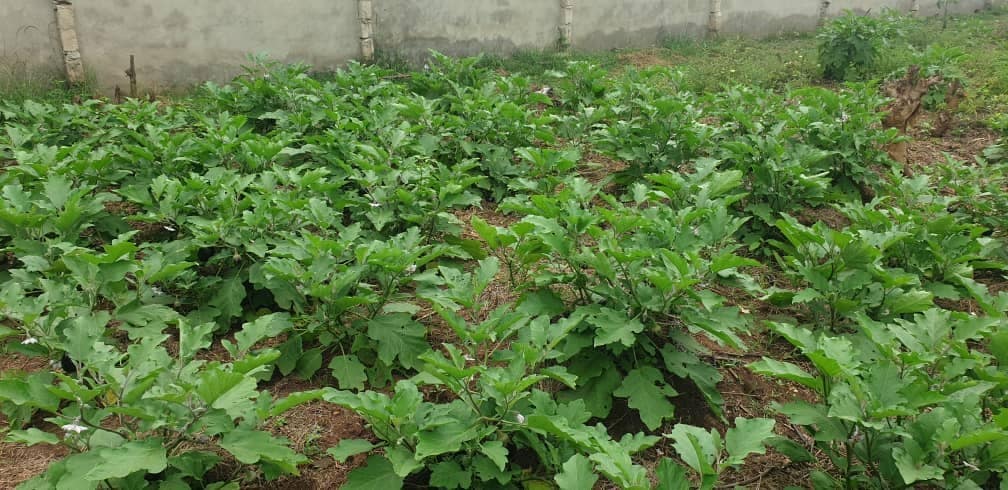Thank you for reading this post, don't forget to subscribe!
Discover the numerous benefits of organic vegetable farming with this comprehensive guide. Learn how to grow your vegetables and enjoy fresh, healthy produce.
Are you interested in growing your vegetables? Organic vegetable farming offers numerous benefits, including the ability to enjoy fresh, healthy produce right from your backyard. In this comprehensive guide, you’ll learn the basics of vegetable farming, including how to choose the right vegetables to grow, how to prepare the soil, and how to maintain your crops for optimal growth. Whether you’re a seasoned gardener or a beginner, this guide will provide you with the knowledge and tips you need to start your vegetable farm.
What is Organic Vegetable Farming?
Organic vegetable farming is a method of growing vegetables without the use of synthetic fertilizers, pesticides, or genetically modified organisms (GMOs). Instead, organic farmers rely on natural methods to nourish and protect their crops, such as composting, crop rotation, and biological pest control. This approach not only produces healthier and more nutritious vegetables, but it also helps to protect the environment by reducing the use of harmful chemicals. Organic vegetable farming promotes sustainability and biodiversity, making it a popular choice for those who are concerned about their health and the health of the planet.
The advantages of Organic Vegetable Farming.
There are numerous advantages to practicing organic vegetable farming. Firstly, organic vegetables are free from synthetic fertilizers, pesticides, and GMOs, making them healthier and safer to consume. They are also more nutritious, as they contain higher levels of vitamins, minerals, and antioxidants compared to conventionally grown vegetables. Additionally, organic farming methods promote soil health and fertility, as they rely on natural practices like composting and crop rotation. This not only improves the quality of the vegetables but also helps to protect the environment by reducing chemical runoff and soil erosion. Furthermore, organic vegetable farming supports biodiversity by creating habitats for beneficial insects, birds, and other wildlife. Overall, choosing organic vegetables not only benefits your health but also contributes to a more sustainable and eco-friendly food system.
How to start your Organic Vegetable farm.
Starting your organic vegetable farm can be a rewarding and fulfilling endeavor. Here are some steps to help you get started. First, assess your land and determine if it is suitable for farming. Look for areas with good soil quality, access to water, and ample sunlight. Next, decide on the size and scale of your farm. Consider factors such as available resources, market demand, and your capabilities. Once you have a plan in place, prepare the soil by removing any weeds or debris and adding organic matter like compost. Then, choose the vegetables you want to grow and obtain high-quality organic seeds or seedlings. Plant your crops according to their specific requirements and provide them with proper care, including watering, fertilizing, and pest control using organic methods. Finally, Remember to market your produce effectively to attract customers and build a successful organic vegetable farming business.
Tips for successful Organic Vegetable Farming.
Here are some tips to help you succeed in your organic vegetable farming venture. First, make sure to conduct thorough research and educate yourself about organic farming practices. This will help you make informed decisions and avoid common pitfalls. Additionally, network with other organic farmers and join local farming communities to gain valuable insights and support. It is also important to prioritize soil health by using organic fertilizers and compost to enrich the soil and promote plant growth. Implementing crop rotation and companion planting techniques can help prevent pests and diseases naturally. Regularly monitor your crops for any signs of pests or diseases and take appropriate action to prevent their spread. Finally, market your organic vegetables effectively by showcasing their benefits, such as their superior taste, nutritional value, and environmental sustainability. Consider selling your produce at farmers’ markets, through community-supported agriculture (CSA) programs, or directly to local restaurants and grocery stores.


